Distant mood monitoring for depressive and bipolar disorders: a systematic review, BMC Psychiatry
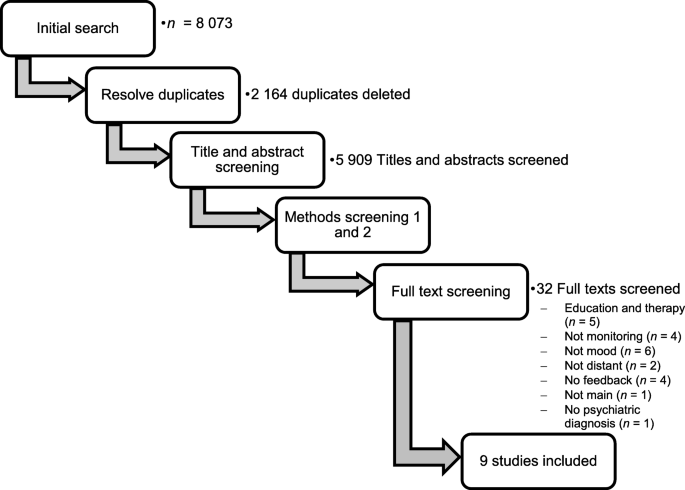
Background Broadening our knowledge of the longitudinal course of mood symptoms is cardinal to providing effective long-term treatments. Research indicates that patients with mental illness are willing to engage in the use of telemonitoring and mobile technology to assess and monitor their mood states. However, without the provision of distant support, adverse outcomes and events may be difficult to prevent and manage through self-monitoring. Understanding patient perspectives is important to achieving the best balance of self-monitoring, patient empowerment, and distant supporter involvement. Methods This systematic review synthesises quantitative and qualitative evidence of the effectiveness and feasibility of daily/weekly/monthly remote mood monitoring that includes distant support in participants with mood disorders. Inclusion criteria comprised mood monitoring of mood disorder patients as main intervention, study design, method of monitoring, and presence of psychotherapy and psychoeducation. Effectiveness was defined by the change in depression and/or mania scores. Feasibility was determined on participant feedback and completion/attrition rates. Studies were assessed for quality using the Mixed Methods Appraisal Tool version 2018. Results Nine studies of acceptable quality met the inclusion criteria. Distant mood monitoring was effective in improving depression scores but not mania scores. Feasibility, as measured through compliance and completion rates and participant feedback, varied. Conclusion Distant mood monitoring with support may be a useful, acceptable, and feasible intervention for diverse groups of patients in terms of age and ethnicity. Further, it may be effective in improving symptoms of depression, increasing treatment adherence, and facilitating the prevention and management of adverse outcomes. As a task-shifting intervention, distant mood monitoring may help to alleviate the burden on mental health providers in developing countries.

Metabolites, Free Full-Text

Daily electronic monitoring of subjective and objective measures of illness activity in bipolar disorder using smartphones– the MONARCA II trial protocol: a randomized controlled single-blind parallel-group trial, BMC Psychiatry
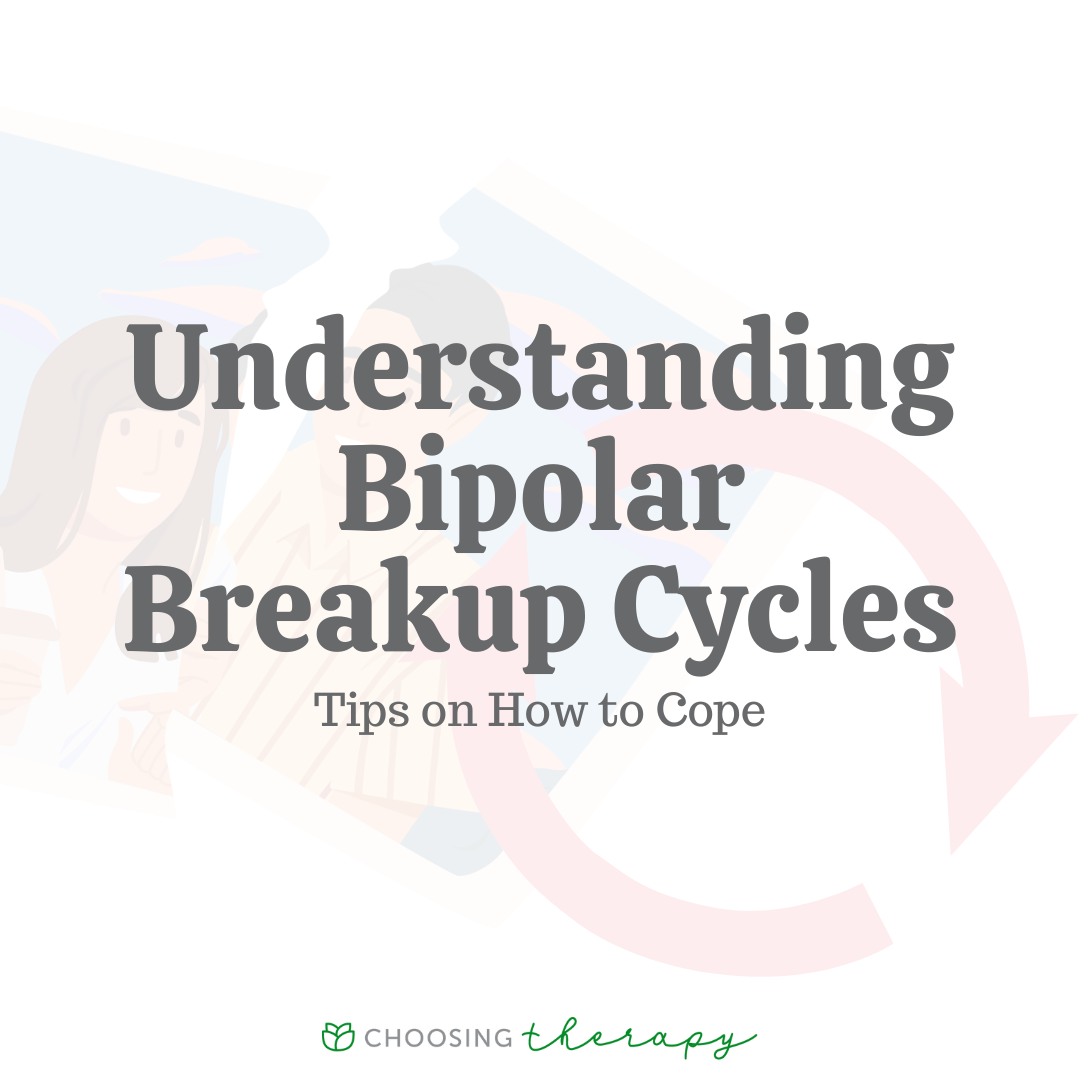
How to Handle On & Off Bipolar Relationships & Breakup Cycles
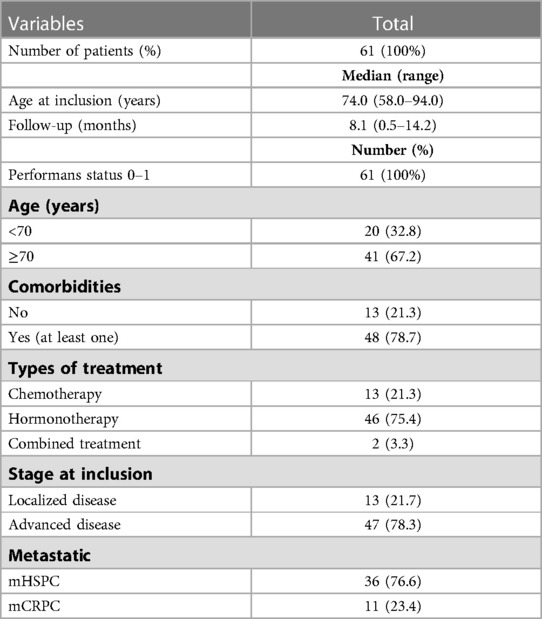
Frontiers Effectiveness of electronic patient reporting outcomes, by a digital telemonitoring platform, for prostate cancer care: the Protecty study

Remote measurement technologies for depression in young people: A realist review with meaningful lived experience involvement and recommendations for future research and practice

Digital solutions for shaping mood and behavior among individuals with mood disorders. - Abstract - Europe PMC

Exploring the digital footprint of depression: a PRISMA systematic literature review of the empirical evidence, BMC Psychiatry

Social anxiety disorder - Wikipedia
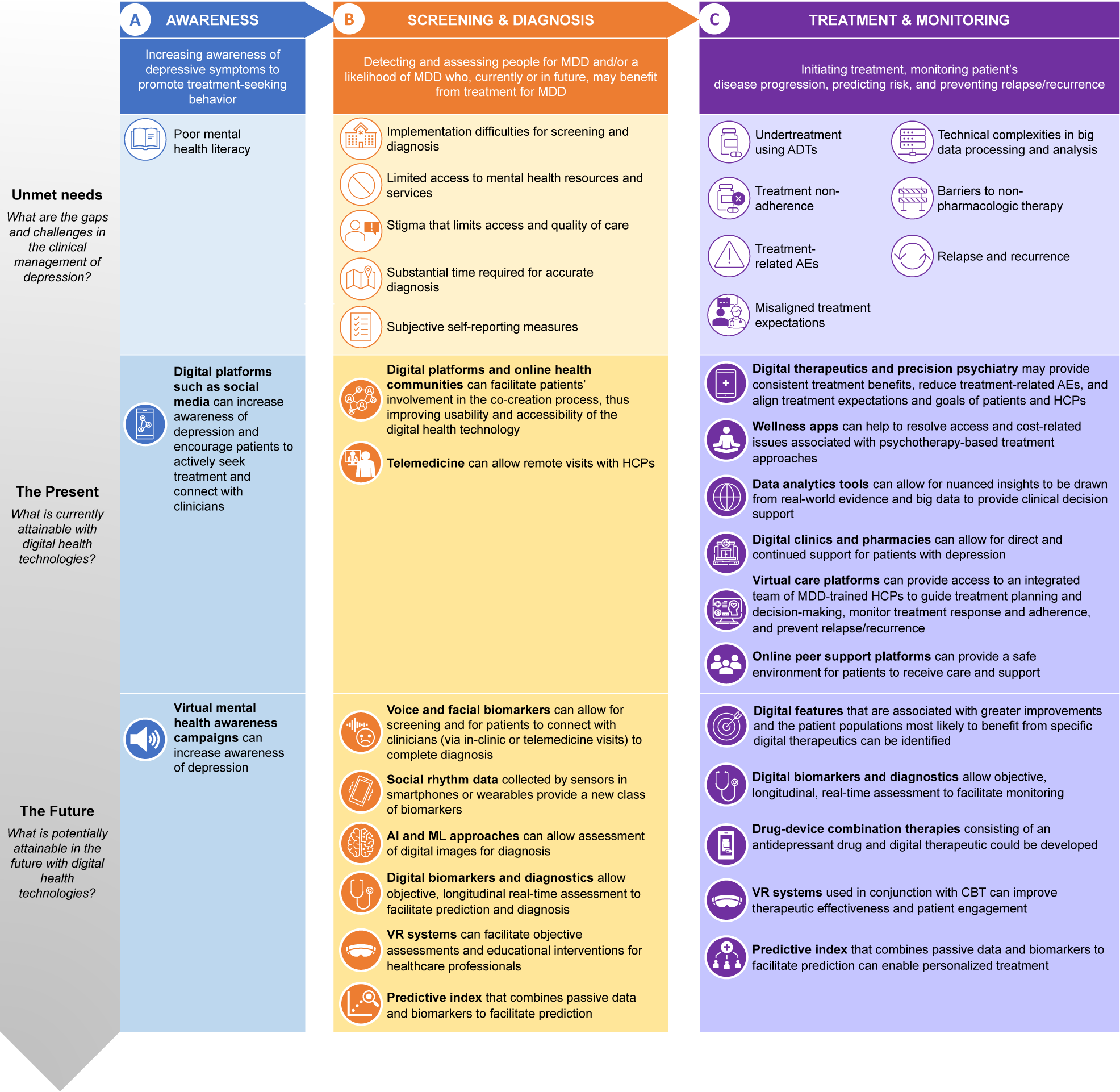
Digital health technologies and major depressive disorder, CNS Spectrums

Applying systems thinking to task shifting for mental health using lay providers: a review of the evidence, Cambridge Prisms: Global Mental Health
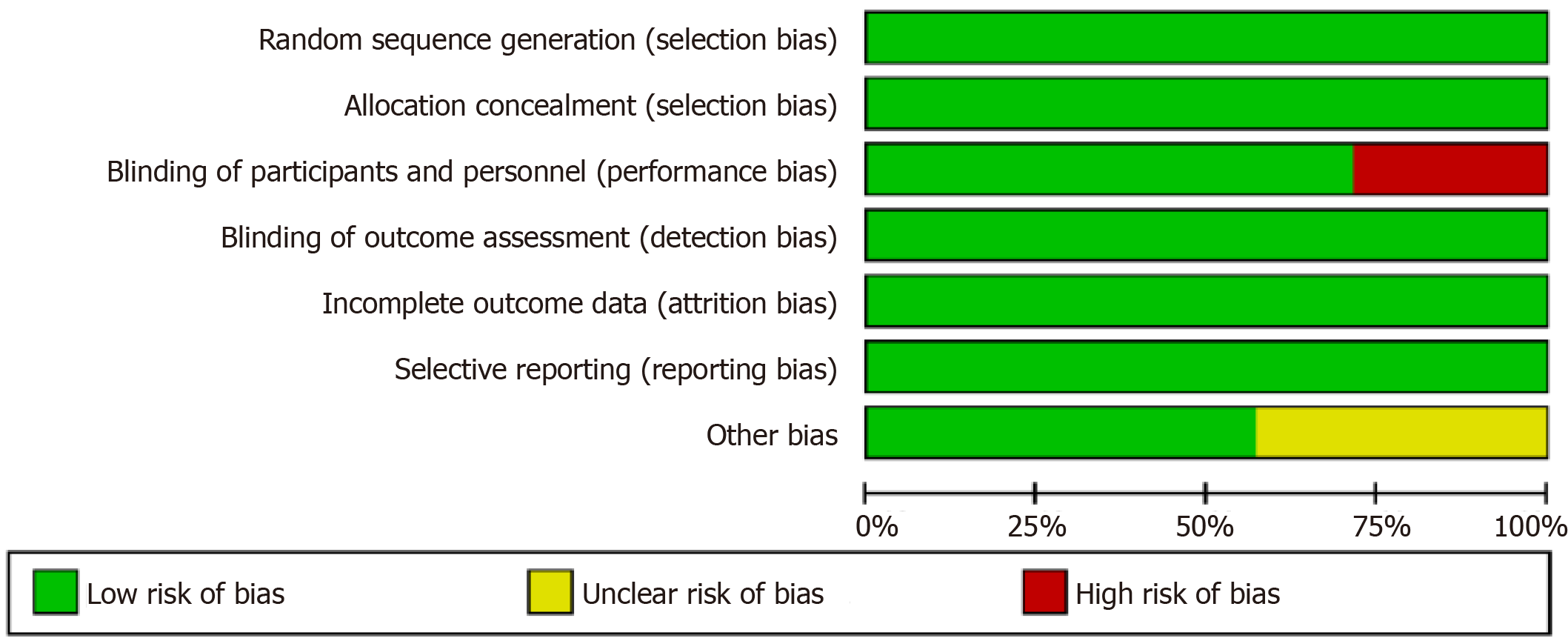
Effects of smartphone-based interventions and monitoring on bipolar disorder: A systematic review and meta-analysis
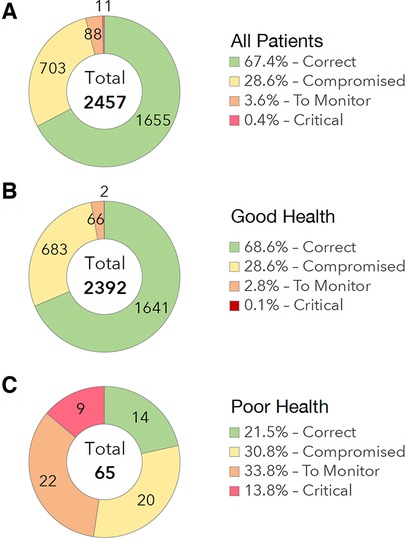
Frontiers Effectiveness of electronic patient reporting outcomes, by a digital telemonitoring platform, for prostate cancer care: the Protecty study
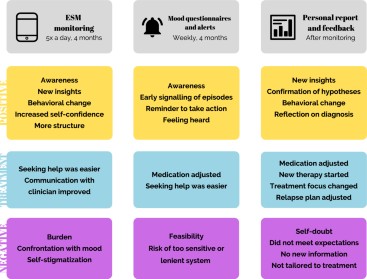
Recommendations for the use of long-term experience sampling in bipolar disorder care: a qualitative study of patient and clinician experiences

Developing behavioural activation for people with acquired brain injury: a qualitative interpretive description study of barriers and facilitators to activity engagement, BMC Psychology

Experiences of Remote Mood and Activity Monitoring in Bipolar Disorder: A Qualitative Study, European Psychiatry